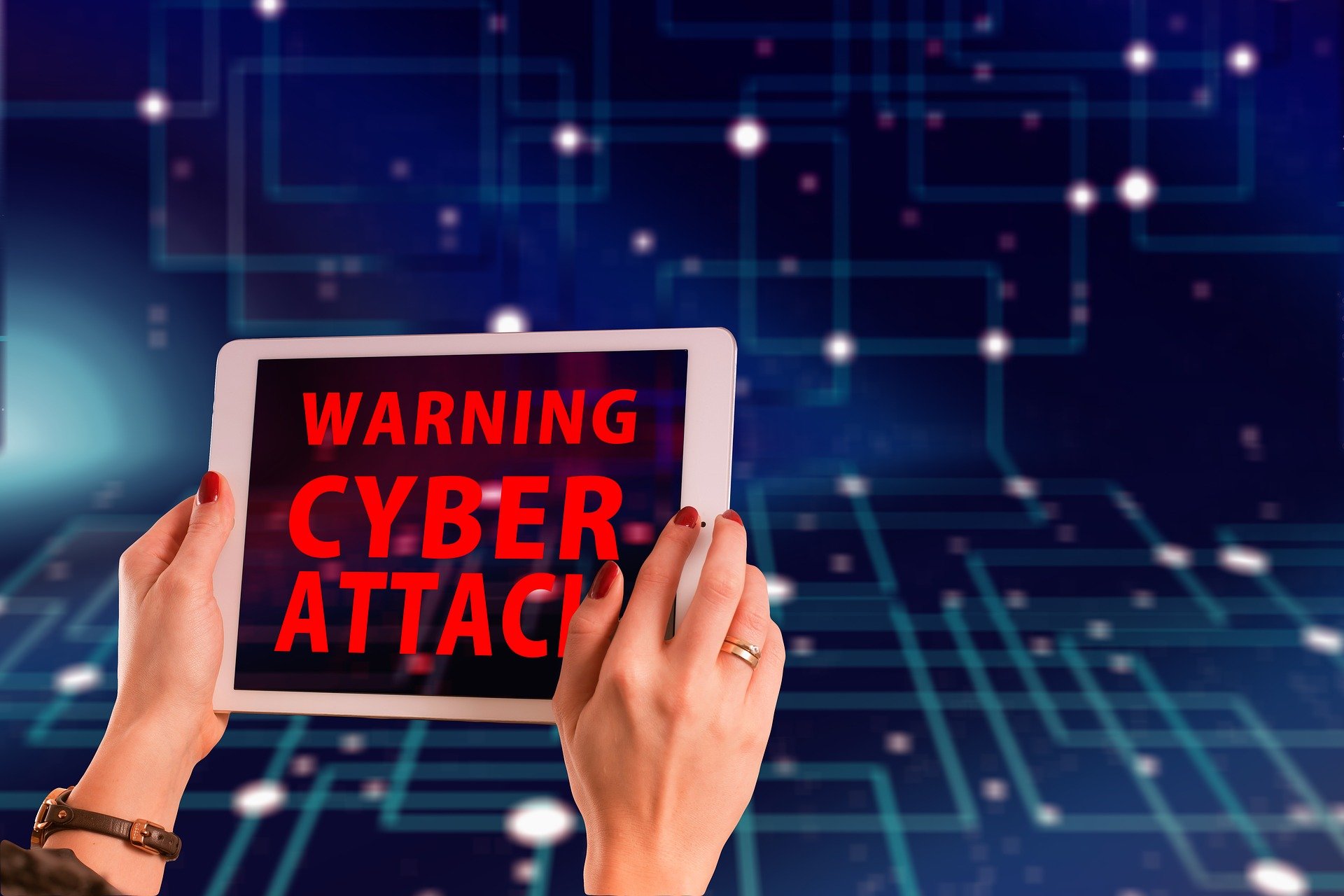Have a story idea
Have a story idea? Send it to us here.

Source : Pixabay
October 25, 2020
Author : Patty Rodriguez
During a time of global pandemic scammers have been preying on small businesses, taking advantage of the desperate situation that many find themselves in
According to Larry Zelvin, writing for All Business, scammers have been posing as “financial services companies, legal firms, credit bureaus,” and even the Small Business Administration (SBA).
Zelvin is the Head of the Financial Crimes Unit at BMO Financial Group, according to his bio. He has also had leading positions in cybersecurity at Citigroup and the Department of Homeland Security.
As he points out experts believe that the increase in cyber attacks during the coronavirus is as high as a whopping 600 to 800 percent. Here’s how to protect your business from them.
Zelvin offers a piece of sage advice: “Business leaders need to routinely validate the source of any email or communication before doing anything else.”
For example, any contact initiated by the SBA is without question a phony. The agency does not call, text, email or otherwise reach out to small businesses.
Furthermore, any SBA employee you may have contact with will only communicate with an email address ending in “SBA.gov”.
Small business owners also must be aware that the SBA does not ask for any payments when handing out loans and there is no reason you should have to pay one to a lender.
It isn’t just business owners that are being targeted, however. Employees are also being contacted by scammers asking for information in order to fraudulently apply for loans for companies they don’t own.
Employees are extra vulnerable as companies find new methods of communication. Be sure to let your employees know directly how you will be communicating with them if they are working from home, for example.
And if you’re looking for a place to host webinars, use established and well-known programs. Applications and phony programs are sprouting up left and right during the coronavirus crises. Many include invasive malware. If you are attending a webinar, be mindful of what information you are sharing when signing up!
Basic cybersecurity best practices are more important than ever. Of the utmost importance is keeping your applications, software and operating systems up-to-date. Zelvin suggests you monitor your business credit score for abrupt changes, keep your PPP loan information secure (put a password on your computer, or put the documents on a hard drive that is physically locked) and act fast on any signs of fraud.
Over at Social Catfish, they recommend in a mid-June report that you also verify that any lender you may be in communication with is actually approved by the SBA. To avoid phishing scams, which entice victims into clicking on links that give your computer viruses, be careful what you click on. Make sure to only open links from email addresses you recognize.
In addition to phishing Social Catfish also recommends you hang up on robocalls.
The age-old axiom here rings true: if something sounds too good to be true, then it likely is.
Thanks to Mr. Zelvin and Social Catfish for helping keep small businesses safe during these trying times!
Category : Coronavirus Pandemic Cyber Security Mobile Technology Small Business Administration Tech
